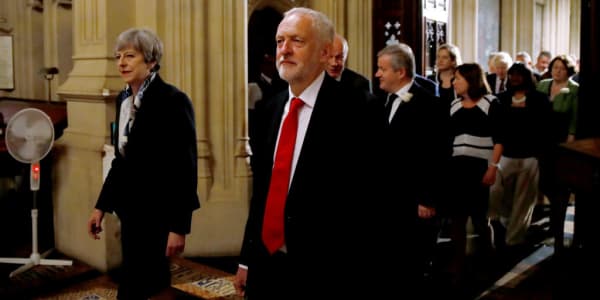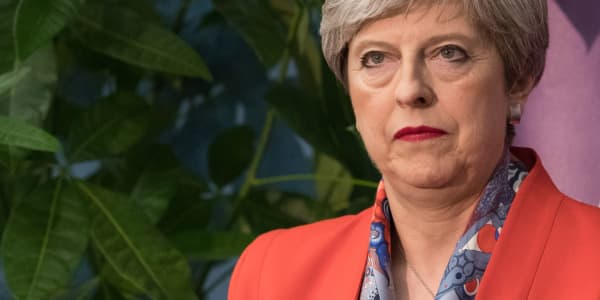The start of Brexit negotiations scheduled for June 19 is set to be delayed after a U.K. General Election produced a hung parliament on Friday morning.
The U.K. will have to clear the current political uncertainty and define its next government before it can negotiate with the European Union. At the same time, the country is under pressure given that the two-year time limit to conclude Brexit talks continues to tick.
President Donald Tusk of the European Council said on Twitter: "We don't know when Brexit talks start. We know then they must end. Do your best to avoid a 'no deal' as result of 'no negotiations'."
The EU's Brexit negotiator, Michel Barnier, also said on Twitter that the negotiations will start when the U.K. is ready. "Timetable and EU positions are clear. Let's put our minds together on striking a deal," he said.
Theresa May called the election to garner stronger support and more power when discussing Brexit with the EU. However, this seems to have totally backfired raising questions as to who will negotiate Brexit and what sort of Brexit the country will look for.
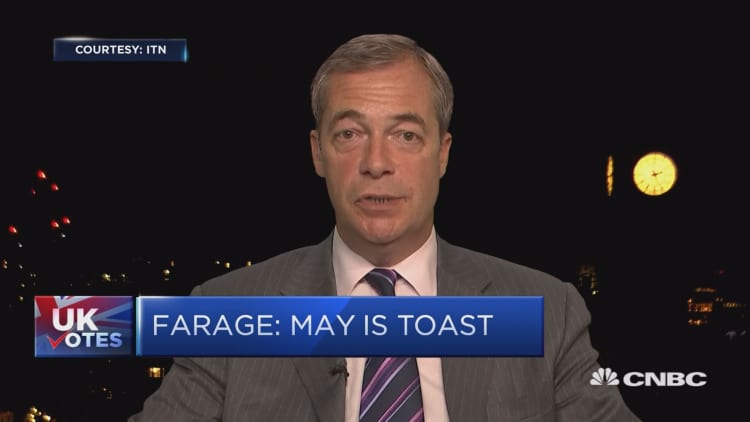
No hard Brexit
David Davis, who has been the U.K.'s secretary of state for Exiting the EU, told Sky News at around 2 a.m. London time Friday that the U.K. government may had lost its mandate to leave the EU and the single market – a tariff-free trading bloc for EU members.
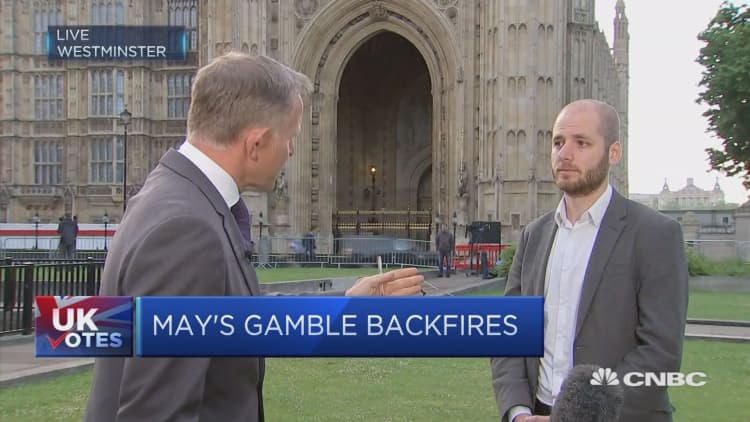
He described Brexit as a process that "seeks to give the best deal in terms of economic and commercial opportunity with Europe but also open up opportunity with the rest of the world."
No Brexit at all?
The future of the U.K. in Europe has reached a new peak of uncertainty. With a hung parliament, it is unclear who will lead be negotiating with the EU, although a political editor at the BBC has suggested that Theresa May will look to continue as prime minister and will not resign.
Nigel Farage, one of the main Brexit supporters, said Friday that he might return to frontline politics to ensure that Brexit does happen. He resigned from the leadership of the U.K. Independence Party (UKIP) in the aftermath of the Brexit referendum last June.
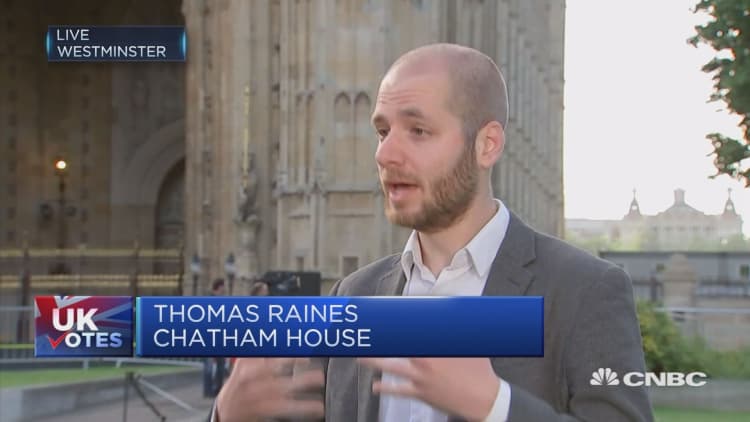
"I still think the odds are on we will have some sort of Brexit," David Stubbs, global market strategist at JPMorgan told CNBC on Friday over the phone. However he added "that a lot has changed in our negotiating position."
The hung parliament vote has not given Theresa May the political support she wanted to take the U.K. out of the single market.
Kallum Pickering, senior U.K. economist at Berenberg, said in an email: "Will the U.K. change its mind on Brexit? Maybe but not very likely."
The Labour Party also aims to deliver Brexit but one in which it retains the benefits of the single market.



